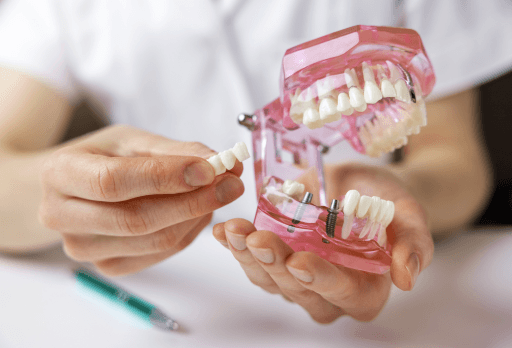Dental Implants
If you have gaps in your smile or are struggling with uncomfortable dentures, Dental Implants can be a game-changer. They offer a groundbreaking solution to restore both the functionality and beauty of your smile.
Book an Appointment
Schedule your visit now for personalized care in a comfortable environment. Your journey to a brighter, healthier smile begins here.


